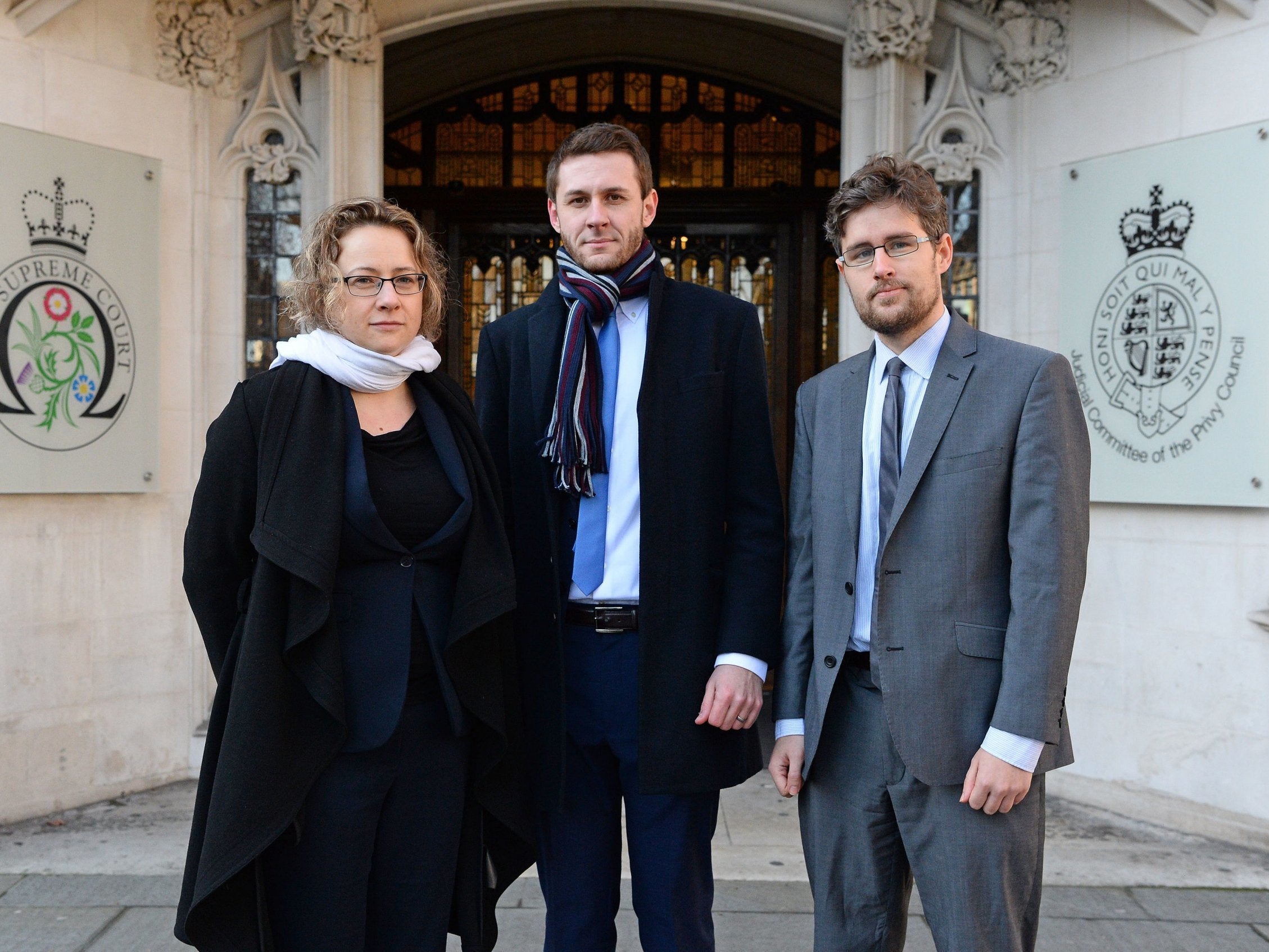Minor convictions from youth should not be revealed in criminal record checks, Supreme Court rules
Government loses legal battle over cases including homeless woman who stole 99p book

A criminal records scheme seeing people lose jobs over minor offences committed decades ago is unlawful, the UK’s highest court has ruled.
Supreme Court judges rejected government appeals over claimants who said their lives had been blighted by crimes including stealing a 99p book and driving without a seatbelt.
They found that a revised disclosure scheme violated human rights and was “disproportionate” because it reveals all previous convictions if a person has more than one and discloses warnings handed to children.
Judges threw out the government’s appeal in three cases, including that of a woman who shoplifted a sandwich and a 99p book while homeless and suffering from undiagnosed schizophrenia in 1999.
Human rights group Liberty, which represents the woman referred to as P, said she had committed no offences since and aimed to work as a teaching assistant.
But current Disclosure and Barring Service (DBS) rules mean she would have to divulge her convictions when applying and reveal details of her medical history in order to explain the circumstances.
“I am glad that this case is over, but will only celebrate when the government finally changes the law and enables me to move on, to work and finally make plans for my future,” the woman said.
“The current rules have left me and many others unable to move on with our lives and contribute to our communities.”
The Supreme Court also rejected the government’s appeal in the case of a man referred to as G, who was arrested at the age of 13 for allegedly sexually assaulting two younger boys.
Judges said police records show the activity was consensual sexual experimentation that happened as a result of “dares”, but the man lost his job as a college library assistant after employers demanded an enhanced criminal records check.
The system was also found to be unlawful for Lorraine Gallagher, who was fined for driving and carrying a child without a seatbelt in the 1990s and had a job offer as a social carer revoked as a result.
However, judges allowed the appeal in relation to a man referred to as W, who had a conviction for assault during an after-school fight for which he was given a two-year conditional discharge.
The Court of Appeal previously found the system violated human rights laws in 2017 but that judgment was challenged by the home and justice secretaries and went to the Supreme Court.
Judges found the extent of disclosed records was “not in accordance with the law” within the meaning of article eight of the European Convention on Human Rights (ECHR), which protects the right to private life.
At the time, the decision was hailed as a landmark that gave hope to many whose ambitions are said to have been dashed by mistakes in their past.
The children’s charity Just for Kids Law said Wednesday’s ruling “could benefit thousands of children issued with youth cautions every year”.
Enver Solomon, chief executive of Just for Kids Law, added: “This judgment makes clear that the disclosure of reprimands and cautions, the legal equivalent of a slap on the wrist, is disproportionate and damaging to the future rehabilitation of children, preventing them from moving on from their past.”
Christopher Stacey, co-director of Unlock, which intervened in the case, urged the government to “commit to carrying out a fundamental review of the wider criminal records disclosure regime”.
Additional reporting by PA
